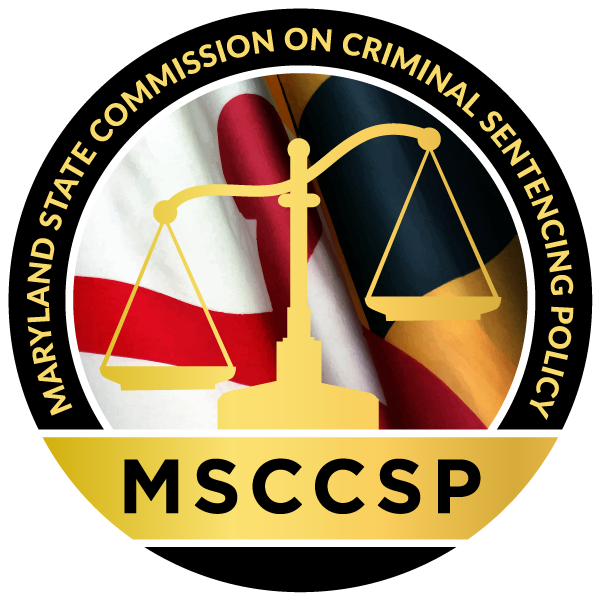Codes for Common Reasons for Departure from the Sentencing Guidelines (Revised July 1, 2025)
Maryland’s sentencing guidelines are voluntary. The judiciary is expected to use the sentence recommendation as a guide, but is not mandated to sentence within the recommended guidelines range. Below is a list of common reasons for departure and their corresponding codes for use on the worksheet. While it is not intended to be a complete list, it does provide commonly used departure reasons. These departures cannot be used by offenders on appeal.
Below Guidelines
- The parties reached a plea agreement that called for a reduced sentence.
- Offender’s minor role in the offense.
- Offender is or was suffering from a mental or physical condition that reduces culpability for the offense.
- Offender’s age/health.
- Offender amenable to probation or other community supervision.
- Offender made restorative efforts after the offense.
- Offender’s criminal history is less severe than represented by offender score.
- Offender’s commitment to substance abuse treatment or other therapeutic program.
- Recommendation of State’s Attorney or Division of Parole and Probation.
- Other circumstances of the crime and/or the offenders do not warrant a sentence within the guidelines (explain in the space provided).
Above Guidelines
- Offender’s major role in the offense.
- The level of harm was excessive.
- Special circumstances of the victim.
- Offender exploited a position of trust.
- Offender’s criminal history is more serious than represented by offender score.
- The parties reached a plea agreement that called for an increased sentence.
- The vicious or heinous nature of the conduct.
- Recommendation of the State’s Attorney or Division of Parole and Probation.
- Other circumstances of the crime and/or the offenders do not warrant a sentence within the guidelines (explain in the space provided).




